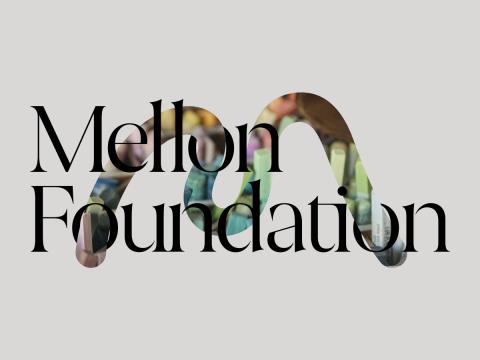The Mellon Sawyer Seminar in Comparative Global Humanities was supported by a Tufts Collaborates seed grant in 2015-2016, and the Andrew Mellon Foundation Sawyer Seminar in 2016-2017.

Overview
The Mellon Sawyer Seminar in Comparative Global Humanities project is an interdisciplinary research initiative linking Tufts’ and other Boston-area faculty across the humanities and interpretive social sciences with scholars at international universities. The seminar builds on traditional humanities knowledge in comparative literature, comparative religion, world history, and anthropological studies, while offering alternative research models that go beyond the study of cultures as bounded units analogous to one another.
Funded by the Andrew W. Mellon Foundation, the seminar reconceives humanities and social science knowledge about cultural practice and the conditions for “the human” in relation to histories of global contact, relation, contradiction, convergence, and exchange.
Our study is conducted across national and disciplinary boundaries to unsettle the objects, methods, and archives of research.
A comparative global humanities study that emphasizes contacts, convergences, and mutual influences also implies a differently configured set of archives, evidence, and materials for reconceiving both the objects of study, and our methods for researching them. It requires reconstituting archives or evidence: in some cases, this means reading established texts, artifacts, and collections with new questions or perspectives; yet in others, it may require reading across disparate archives, traversing distinct traditions and linking objects, problems, and areas customarily treated independently or separately; in others still, it may require the excavation of new materials, which may be informal, ephemeral, apocryphal, or not yet collected. These archives might contain traditional books, manuscripts, documents, or photographs, or they might require assembling oral testimonies, commemorative practices, or interpreting shrines, monuments, or rituals.
Research Mission
While the recent increase in global interdependency has initiated new discussions of personhood, culture, society, and world, we insist that “global” connections are not new, and that so-called “globalization” is not exclusively relevant to late modernity. Rather, the study of comparative global humanities comprises the extended set of diverse processes that have linked multiple spaces over the longer course of world history. It is necessary not merely to pluralize “cultures,” but also to put the emergence of various worlds of meaning in relation to one another. By approaching the study of cultures by means of a focus on relation, convergence, translation, and exchange, the seminar topics investigate the promises and pitfalls of universalizing notions of comparison, the global, and the human.
Our case studies reconsider the periodization of historical narratives, unsettle received geographical areas, and suggest new objects, methods, and archives for humanistic study. In the ancient and early modern worlds, there were empires, conquests, slavery, trade and diasporas; European colonial expansion, from the 16th century to its heights in the 19th century, is, in this sense, a relatively recent phenomenon. Neither evenly integrating, nor rendering homogenous all parts of the world, global processes have varied in time and location, and have taken place quite differently in unlike parts of the world, providing a rich set of new research materials and new archives for the interdisciplinary humanities. We contend that language, culture, philosophy, visual arts, and representation, as well as our ethical concepts, narratives, styles, and forms for understanding – can all be rethought in relation to the longue durée of global contacts, entanglements and connections. Yet rather than proposing comparative method as the identification of analogous discrete cultures, societies, or humanities across a commonly held global landscape, the seminar pursues instead a critical genealogy of each of our key terms, and seeks to devise new scholarly practices that both respect and exceed these inherited ideas.
Using digital media and videoconference technologies, we develop innovative comparative global humanities practices for research and collaboration across geographical divides with partners at universities in London, Toronto, Beirut, Johannesburg, Canberra, Dhaka, Lahore, Taipei, and Hong Kong. By involving differently situated scholars and projects from around the world, we can create collaborations that are multi-lingual, plurocentric, and international.
Faculty
Conveners:
Lisa Lowe, English
Kris Manjapra, History
Kamran Rastegar, International Literary and Cultural Studies
Program Committee:
Amahl Bishara, Anthropology
Alexander Blanchette, Anthropology
Orly Clergé, Sociology
Heather Curtis, Religion
Kendra Field, History
Brian Hatcher, Religion
Noe Montez, Theatre, Dance and Performance Studies
H. Adlai Murdoch, Romance Language and Literature
Sarah Pinto, Anthropology
Rosalind Shaw, Anthropology
Adriana Zavala, Art and Art History